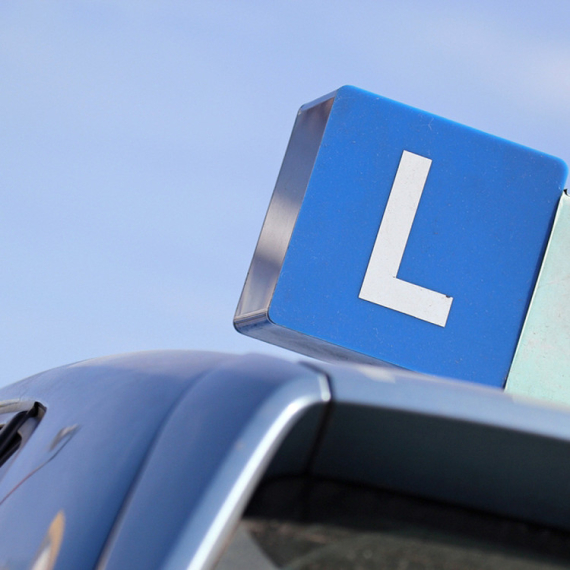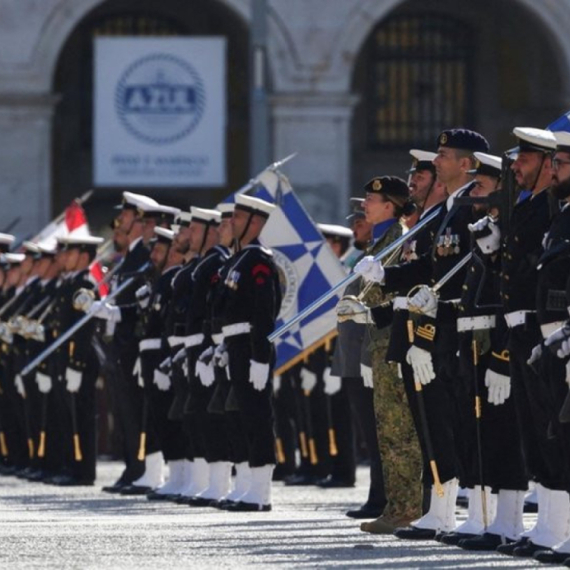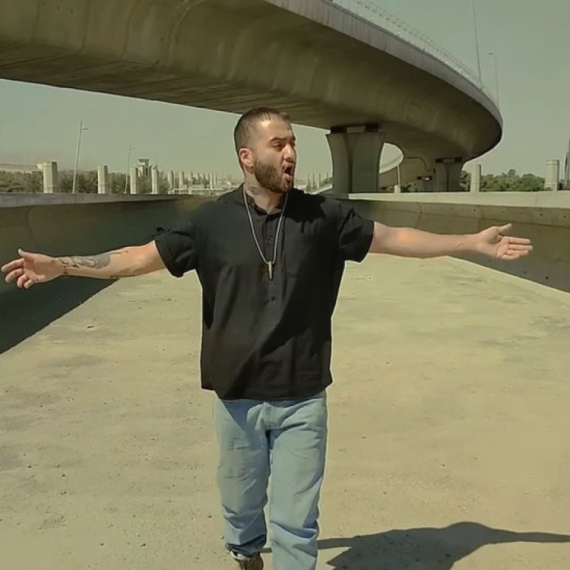“Serbia to follow Slovak model”
The deputy PM says Serbia wants to repeat the success of Slovakia’s transition and be ready for EU entry by 2014.
Tuesday, 19.08.2008.
13:40

The deputy PM says Serbia wants to repeat the success of Slovakia’s transition and be ready for EU entry by 2014. Deputy Prime Minister Responsible for EU Integration Bozidar Djelic told Slovakian daily Hospodarskych Novín that there would be no logic in Brussels deciding to block Serbia’s EU path by calling for Ratko Mladic’s extradition. “Serbia to follow Slovak model” "It would not make sense if the EU now blocked Serbia’s path towards membership. Serbia has shown in the last few months that it’s been doing everything it can to meet its international obligations,” Djelic said. He emphasized that Belgrade was cooperating with the Hague Tribunal, despite the fact that the Tribunal had infuriated many people by clearing former Kosovo Liberation Army commander Ramush Haradinai and the former commander of Muslim forces in Srebrenica Naser Oric of all charges. The two were indicted for war crimes against the Serb populations in Kosovo and Bosnia-Herzegovina, respectively. Djelic said that the Irish rejection of the Lisbon Treaty on EU institutional reform had complicated Serbia’s European integration process. "Still, one can feel the change in the EU’s position towards the Western Balkans. For instance, France has changed its Constitution so that Serbia can become an EU member without a referendum,” the minister pointed out. "That’s a signal that Europe’s telling us that we’re welcome. We are focusing all our strength on being ready to become a member by 2014,” Djelic said. He said that Serbia wanted to repeat the success that Slovakia had achieved during transition. “Slovakia clearly showed that in five to ten years it was able to pull itself out of a tough position,” he said. “We really admire Slovakia for being in a position to enter the Eurozone before the Czech Republic, Hungary or Poland, and for conducting inevitable, but difficult, reforms, which have brought it dividends,” said the minister. Djelic called on EU countries to approve the Stabilization and Association Agreement (SAA) with Serbia on September 15, because courageous reforms were always painful. "I know that reforms are painful, because as the main negotiator with the EU, I face skepticism from people who think that membership is a far-fetched promise, on a daily basis,” he explained. The minister expressed the hope that EU integration would help the international community understand Serbia’s arguments on the Kosovo issue. "We believe that this is the way for Europe to understand our arguments. We do not wish to claim that nothing happened during Milosevic’s reign, but we’d rather offer creative solutions,” Djelic said. He said that Serbia wanted the international community to do the same thing Slovakia was doing— respect international law when it came to Kosovo. "We want other countries to support our initiative before the UN General Assembly, just like Slovakia has done, in order to renew the negotiating process,” Djelic said. He reiterated that Serbia would not use force to defend its territory and that it wanted to respect international law, but that it also expected respect and support, so that Belgrade and Pristina could reach a historic compromise. Bozidar Djelic (FoNet, archive)
“Serbia to follow Slovak model”
"It would not make sense if the EU now blocked Serbia’s path towards membership. Serbia has shown in the last few months that it’s been doing everything it can to meet its international obligations,” Đelić said.He emphasized that Belgrade was cooperating with the Hague Tribunal, despite the fact that the Tribunal had infuriated many people by clearing former Kosovo Liberation Army commander Ramush Haradinai and the former commander of Muslim forces in Srebrenica Naser Orić of all charges. The two were indicted for war crimes against the Serb populations in Kosovo and Bosnia-Herzegovina, respectively.
Đelić said that the Irish rejection of the Lisbon Treaty on EU institutional reform had complicated Serbia’s European integration process.
"Still, one can feel the change in the EU’s position towards the Western Balkans. For instance, France has changed its Constitution so that Serbia can become an EU member without a referendum,” the minister pointed out.
"That’s a signal that Europe’s telling us that we’re welcome. We are focusing all our strength on being ready to become a member by 2014,” Đelić said.
He said that Serbia wanted to repeat the success that Slovakia had achieved during transition. “Slovakia clearly showed that in five to ten years it was able to pull itself out of a tough position,” he said.
“We really admire Slovakia for being in a position to enter the Eurozone before the Czech Republic, Hungary or Poland, and for conducting inevitable, but difficult, reforms, which have brought it dividends,” said the minister.
Đelić called on EU countries to approve the Stabilization and Association Agreement (SAA) with Serbia on September 15, because courageous reforms were always painful.
"I know that reforms are painful, because as the main negotiator with the EU, I face skepticism from people who think that membership is a far-fetched promise, on a daily basis,” he explained.
The minister expressed the hope that EU integration would help the international community understand Serbia’s arguments on the Kosovo issue.
"We believe that this is the way for Europe to understand our arguments. We do not wish to claim that nothing happened during Milošević’s reign, but we’d rather offer creative solutions,” Đelić said.
He said that Serbia wanted the international community to do the same thing Slovakia was doing— respect international law when it came to Kosovo.
"We want other countries to support our initiative before the UN General Assembly, just like Slovakia has done, in order to renew the negotiating process,” Đelić said.
He reiterated that Serbia would not use force to defend its territory and that it wanted to respect international law, but that it also expected respect and support, so that Belgrade and Priština could reach a historic compromise.

















































Komentari 10
Pogledaj komentare